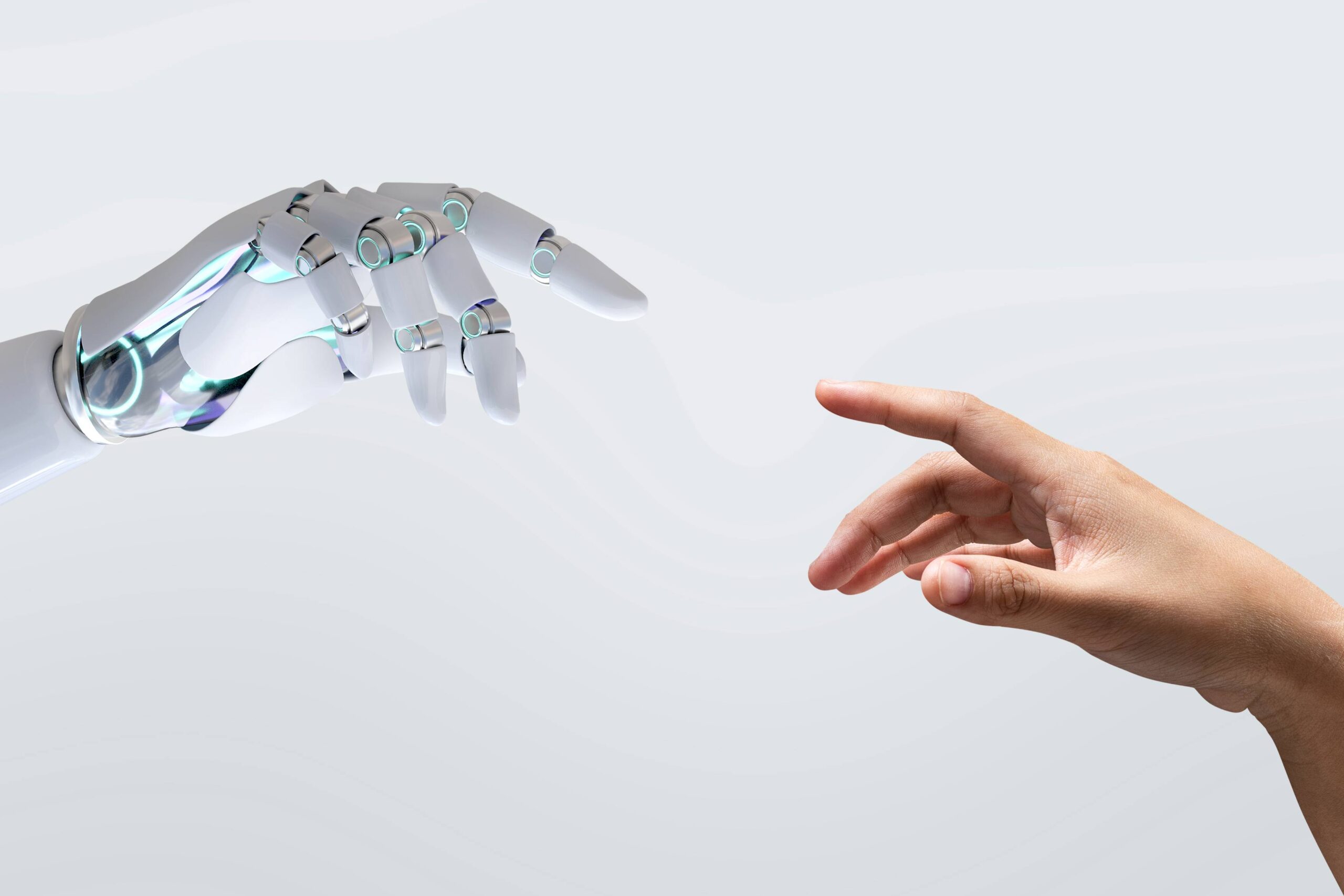The question of whether robots and machines will seriously threaten jobs in the future has been questioned for a long time. However, it was not until the presentation of ChatGPT, a self-learning chatbot from the US company OpenAI, in November 2022 that we became aware of the true extent of this intrusive question.
Google, challenged by ChatGPT, has also presented the chatbot “Bard AI.” With “Luminous”, the German start-up Alpha Alpha is also trying to enter the race for dominance in the field of artificial intelligence.
The potential of this field seems to be highly valued by tech giants that Microsoft announced in January this year that it would again support OpenAI (following investments in 2019 and 2021), with a multi-billion investment of 10 billion.
Nevertheless, according to Microsoft founder, Bill Gates, there is no reason to worry. At the Europe 2023 digital conference in February, the billionaire said that AI would not endanger jobs, at least in the near future. On the contrary, AI would help us focus on more important aspects of the job.
But not all experts seem to share Bill Gates’ opinion. According to the World Economic Forum’s 2020 The Future of Jobs Report, AI is expected to replace up to 82 million jobs worldwide by 2025. There is even a website that, based on surveys and the skills needed for a job, calculates the probability of robotization.
However, what interests me personally (as a rabbi) is whether Artificial Intelligence will replace rabbis in the future.
Writing speeches for religious occasions such as Parashat HaShavua, Bar Mitzvahs, and weddings seem to be something ChatGPT excels at. A rabbi in New York gave a ChatGPT-generated speech to his congregation and had his audience guess who they thought the speech was from. Ironically, most guessed Lord Rabbi Jonathan Sacks z “l [perhaps the chatbot was trained with the speeches of the former Chief Rabbi of the United Kingdom].
Even when it comes to making halachic decisions, one might think that AI chatbots are superior. They can draw on an immense database of Halakhic texts and responses and process huge amounts of information.
However, “paskening” (making complex halakhic decisions) involves much more than citing a list of halakhic sources. The rabbi must weigh all the details and potential consequences of the situation, taking into account the spiritual level of the questioner. The “psak” is an individual and tailored decision for a particular person in a particular time and situation. It is very doubtful that AI will ever reach this level of sophistication.
ChatGPT itself also seems to be aware of this and refuses to answer halachic questions with the following statement:
“As an artificial intelligence, I am not in a position to provide answers to halachic questions. Halacha is a complex and nuanced field of study that requires deep knowledge and understanding of the Torah, Talmud, and other Jewish legal texts, as well as the principles and guidelines that govern Jewish religious practices.
Although I have been trained in a variety of texts and subjects, including Jewish law and tradition, my knowledge is limited to that on which I have been trained, and I am therefore not in a position to render judgments or provide definitive answers to Halakhic questions. I recommend consulting with a qualified rabbi or other religious authority on halachic matters.”
However, even if the AI reached this level in each case, it would still not be empowered to make halakhic decisions.
Rabbenu Nissim of Gerona (1320-1380) writes, based on the Talmud (Tractate Baba Mezia 59b), that since the giving of the Torah at Mount Sinai, halakhah can only be determined by the human mind. Even if AI could perfectly imitate human thinking, its Halakhic decisions would not be valid or binding.
In addition, artificial intelligence lacks the Siata De’Schmaya (heavenly support) that otherwise helps halakhic decision-makers make the right decisions (see Talmud Tractate Ketubot 60b). Similarly, in the field of medicine, although artificial intelligence is used effectively in medical research, for example in the evaluation of mammograms, there are cases in which doctors still choose to rely on their intuition.
However, there is another reason why rabbis can never be replaced by a machine, and this is possibly the decisive one.
In addition to giving speeches and answering halakhic questions, the rabbi is first and foremost a confidant. He offers his congregation members a sympathetic ear and is there to offer advice and support. In today’s digital world, where one has thousands of friends and followers on social media, many feel lonely and long enough for someone to listen to them and show understanding and sympathy.
The Midrash (Shmot Rabbah ch.2) states that Moshe was chosen as the redeemer and leader of the Jewish people because he selflessly cared for his flock as a shepherd.
The advancement of AI is undoubtedly at the center of scientific and societal interest, and AI will undoubtedly reach milestones over the next few years that we have not dreamed of. Nevertheless, there is no question in my mind that it will ever take over the job of rabbi.
*This text was written without the use of artificial intelligence




